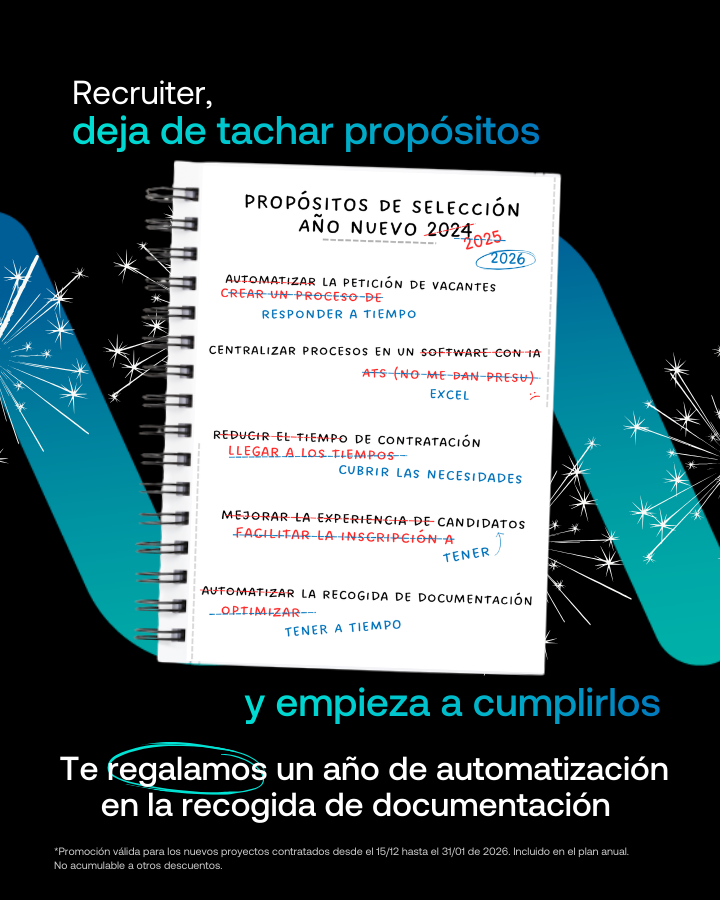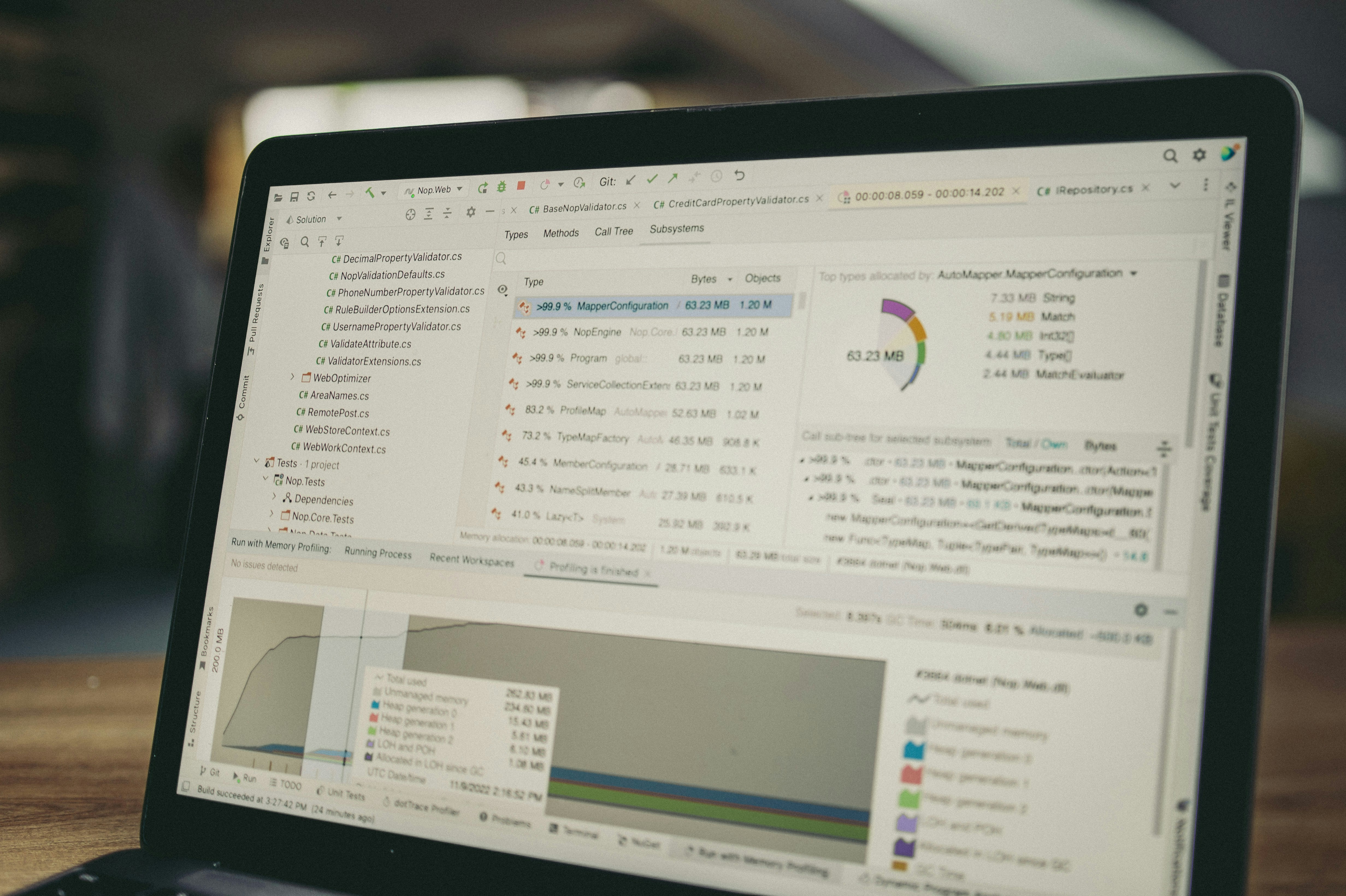Predictive Analysis in HR: Shaping the future of talent management
.jpg)
Predictive analytics in HR has become an essential tool for organisations aiming to anticipate future trends and make informed decisions about talent management. By leveraging artificial intelligence and machine learning, companies can analyse historical employee and candidate data to forecast behaviour, identify patterns, and optimise recruitment, performance management, and retention strategies. This approach allows HR departments to move from reactive decision-making to proactive planning, enhancing both operational efficiency and the overall employee experience.
What is predictive analytics in HR?
Predictive analytics in HR involves using AI algorithms to examine historical data and generate predictions about employees and candidates. By identifying trends, potential risks, and opportunities, predictive models help organisations make more accurate decisions regarding hiring, development, and workforce planning. Through analysis of performance records, engagement surveys, and recruitment data, HR teams can design strategies that are not only more precise but also aligned with long-term business objectives.
Artificial intelligence and machine learning in HR
Artificial intelligence (AI) and machine learning are at the core of predictive analytics in HR. These models learn and refine their predictions over time as they are exposed to more data, improving accuracy and reliability. This means that organisations can anticipate which candidates are likely to excel, which employees may require additional development, and which individuals might be at risk of leaving. The combination of AI and predictive analytics turns HR data into actionable insights, providing a strategic advantage in managing talent.
Predictive analytics in candidate selection
Predictive analytics transforms candidate selection by helping identify the best fit for each role. Beyond technical skills, these models evaluate cultural fit, potential future performance, and overall suitability. By incorporating data from automated screening, video interviews, and skills assessments, predictive models can continuously refine their evaluations, offering a more comprehensive and accurate assessment of each candidate’s potential.
Predictive analytics also enhances objectivity in hiring. Decisions are based on patterns and historical data rather than subjective intuition, reducing bias. AI-powered chatbots can support early-stage candidate interactions, conducting preliminary interviews, asking targeted questions, and evaluating responses in real time. This not only saves HR teams valuable time but also improves the candidate experience. Advanced recruitment software plays a crucial role in feeding predictive models with rich data from assessments and interview interactions, allowing for more reliable decision-making.
Predictive analytics in talent management
The benefits of predictive analytics extend beyond recruitment, offering significant advantages for talent management. By analysing historical performance data and behavioural patterns, predictive models can forecast employee performance, helping managers anticipate whether individuals will meet KPIs or require additional support. This insight enables proactive interventions to improve development, performance, and retention.
Predictive analytics also supports retention strategies by identifying early warning signs of dissatisfaction or disengagement. HR managers can act preemptively to address potential issues, reducing turnover and retaining top talent. Using data-driven insights, companies can implement personalised development plans and targeted engagement strategies that keep employees motivated and productive.
Benefits of predictive analytics in HR
Adopting predictive analytics in HR brings numerous benefits. Productivity improves as repetitive administrative tasks are automated, allowing HR teams to focus on strategic initiatives. Companies that rely on data-driven talent management often see up to a 30% increase in efficiency.
Cost savings are another key advantage, as predictive insights help prevent expensive hiring errors and optimise training investments. Furthermore, the employee experience is enhanced through personalised career development plans and proactive support initiatives. By anticipating employee needs, organisations can tailor learning, well-being, and growth strategies, fostering engagement and loyalty across the workforce.
The future of predictive analytics in HR: Where are we heading?
Looking ahead, predictive analytics in HR will continue evolving through the integration of generative AI and People Analytics. These technologies will allow companies to further personalise recruitment, development, and retention strategies, ensuring that HR decisions are not only data-driven but also tailored to the unique needs of each employee.
How to leverage predictive analytics in human resources
Predictive analytics can be used to anticipate employee turnover, optimise candidate selection, forecast workforce requirements, and detect skill gaps before they impact operations. It also helps identify employees with high leadership potential, create personalised learning paths for upskilling and reskilling, predict success in internal mobility, and detect early signs of burnout. Bias auditing ensures that predictions remain fair and do not discriminate based on gender, age, or ethnicity, supporting equitable HR practices.
How to choose the right predictive analytics tool for your business
When selecting a predictive analytics tool for HR, consider integration, scalability, and usability. The platform should work seamlessly with existing HR systems, allow easy data transfer, and scale as the organisation grows. A user-friendly interface with intuitive dashboards and reporting features ensures HR professionals can access and interpret insights effectively. Explainable predictions are crucial so HR teams understand why recommendations are made. Data security must comply with privacy regulations, and vendors should provide training and ongoing support to maximise the tool’s benefits.
Velora, your new partner for applying predictive analytics in HR
Predictive analytics is transforming HR from a reactive function into a proactive, strategic partner in talent management. With solutions such as Multi-Level Evaluation and Data Analytics, organisations can anticipate trends, optimise recruitment and development decisions, and retain top talent. Adopting these technologies is essential for maintaining a competitive edge in today’s increasingly digital and fast-paced business environment.
.jpg)
Fulfill your selection purposes
Recruiter, fulfill your recruitment purposes in 2026 with the help of Velora. And as a gift, a free year on automatic document request.

Related articles
More articles to inspire your HR strategy









